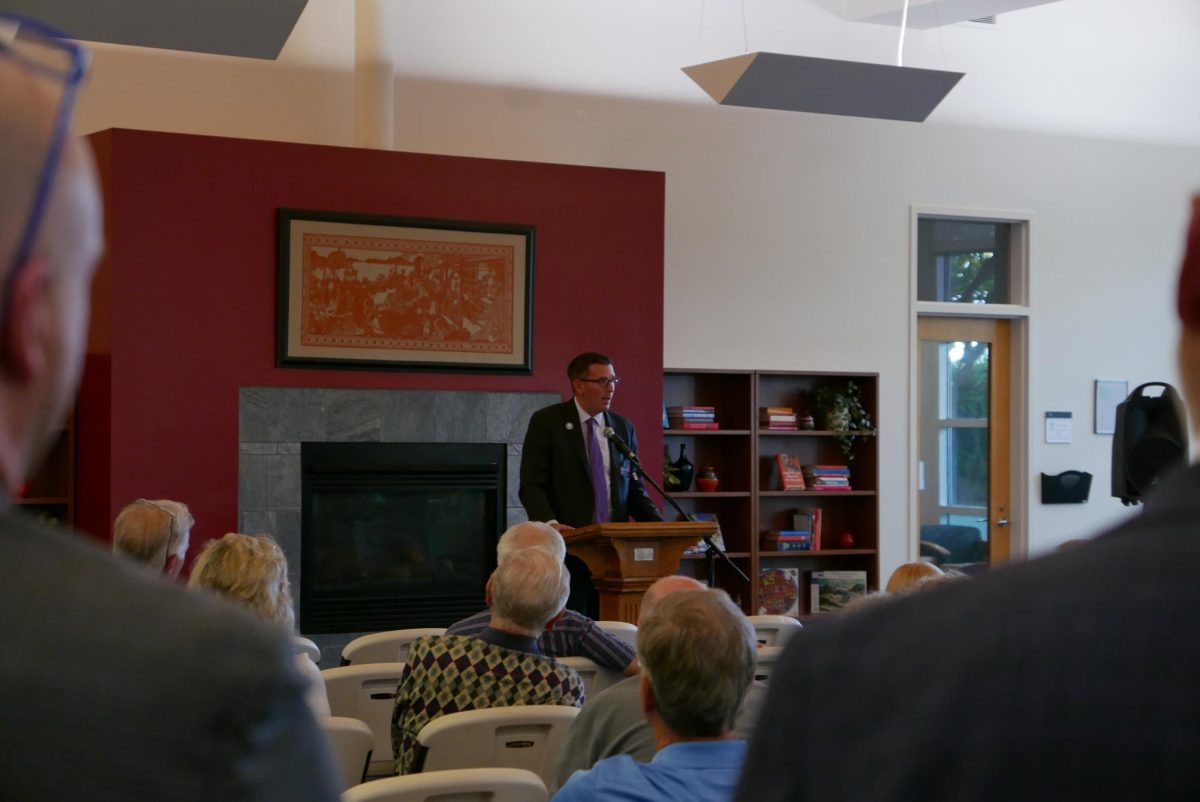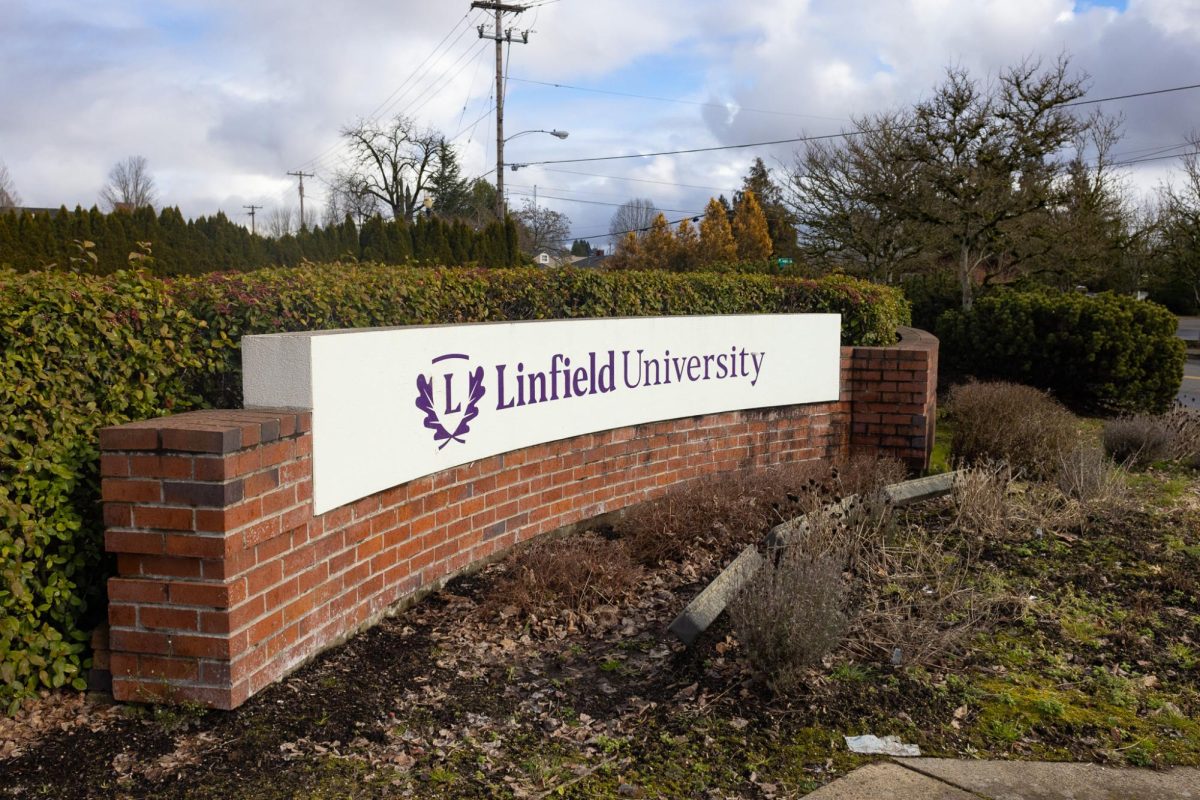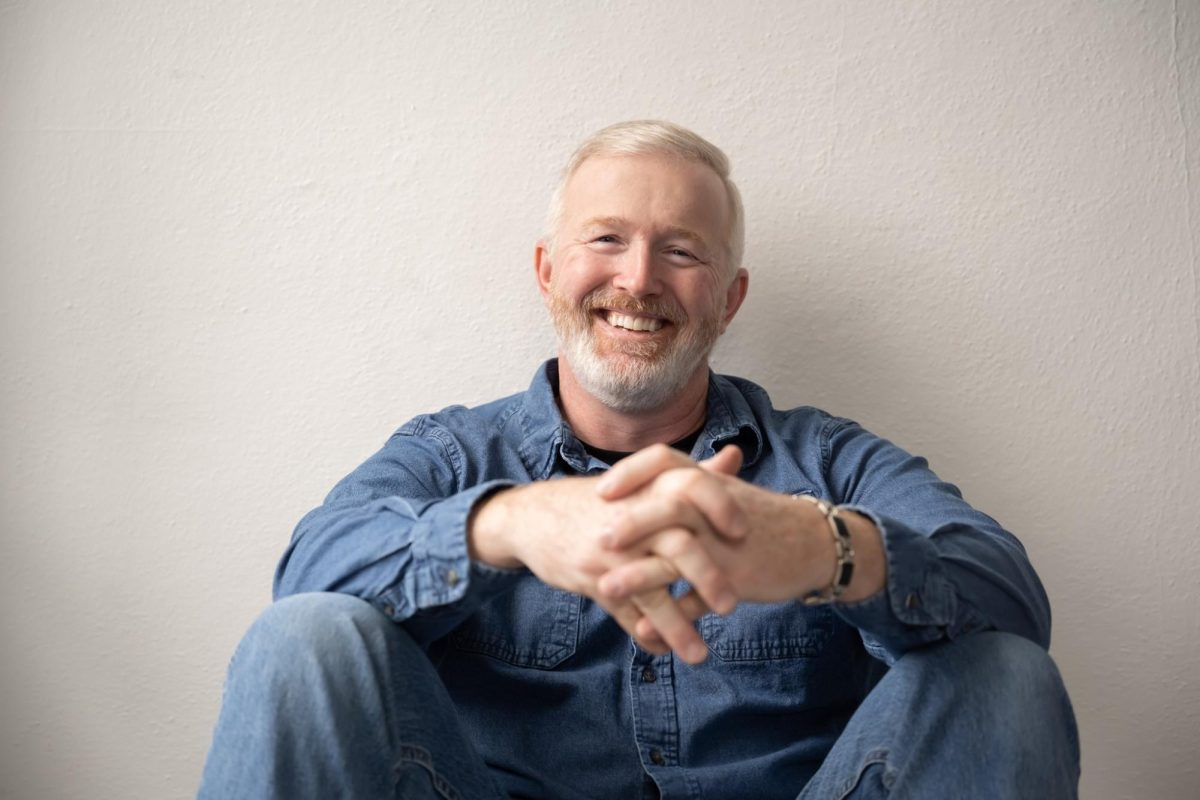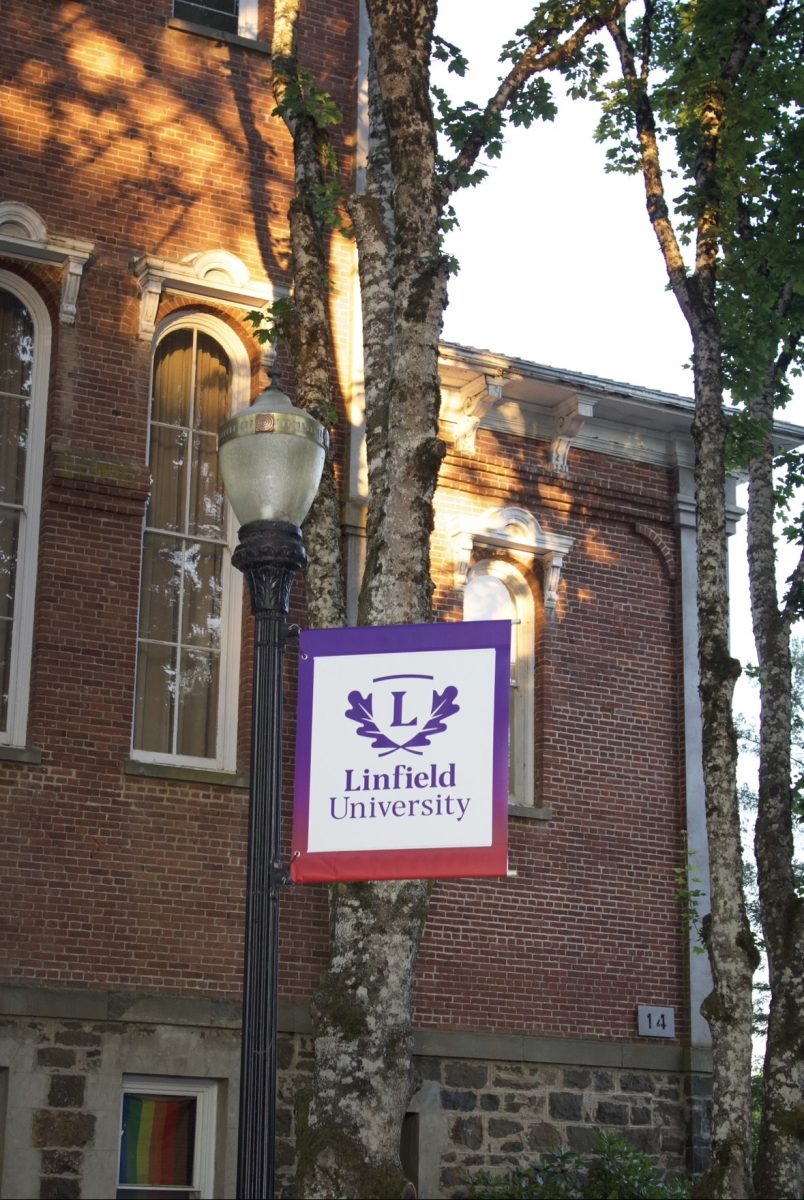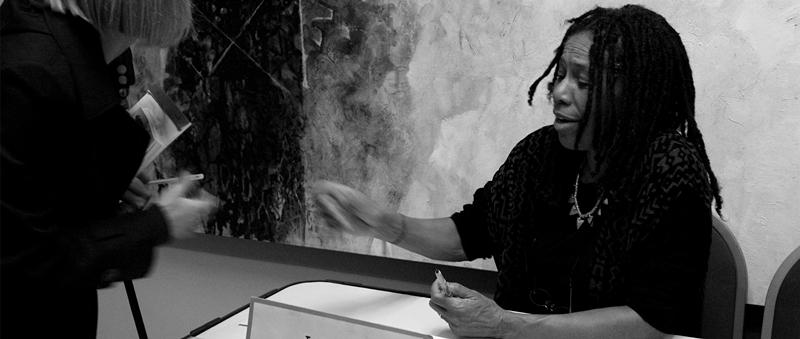
In today’s society, most people deny being racist. However, many of us may hold on to stereotypes in our unconsciousness, according to research done by Jean Moule Ph.D., an Oregon State University professor.
Moule, who works in the College of Education at OSU, is the author of “Cultural Competence: A Primer for Educators,” a book that informs teachers on how to educate students from all backgrounds.
She doesn’t want people to hide the cultural biases and stereotypes they hold, but rather to recognize the problem and take steps against their own racist thoughts.
In her March 13 lecture titled “Understanding Unconscious Bias and Unintentional Racism,” Moule taught her audience that while many would believe otherwise, the stereotypes and biases we hear as a member of society affect us, if not consciously than unconsciously.
“Hearing her perspective, it’s interesting that we can feel like we are not biased,” said Diane Allen, a visiting professor from the education department.
Allen plans to use the information she has gathered from Moule’s lecture and book in educating her student-teachers.
“It may become a requirement for a person in any job to be culturally competent,” Allen said.
According to Moule, if a person starts his or her sentence with, “I’m not a racist, but…,” then the rest of the person’s sentence is going to be racist.
“If you hear someone say that, listen real closely,” Moule said.
This is a perfect example of what Moule is trying to prevent: people saying and acting racist without realizing that they are.
Moule claims that she would prefer to work with someone who knows that they have race issues, rather than with an unconscious racist.
“At least you know where they stand,” Moule said.
For those who hold on to cultural biases, the first step is to recognize the problem. The next step is to be a learner and to be curious about other cultures. Then, take steps against one’s own thoughts. Don’t let racist thoughts influence one’s behavior.
Her final piece of advice was to listen when someone brings up race as an issue.
“Oregon is a very white state,” Allen said. “Your background hasn’t prepared you, as much as you’d like to think that you’re open and liberal.”
Moule believes that instead of focusing on treating everybody the same, we need to focus on learning to accept everyone’s differences.
“We should celebrate [cultural] differences and not try to deny that there are differences,” Allen said.
Moule graduated with a degree in art with a minor in psychology from the University of California at Berkeley. She moved to Oregon, earning her master’s degree in curriculum and instruction at the University of Oregon.
Moule then earned her doctorate in education.
___________________________________________________________________________________________
Meghan O’Rourke/Opinion editor
Meghan O’Rourke can be reached at [email protected].

